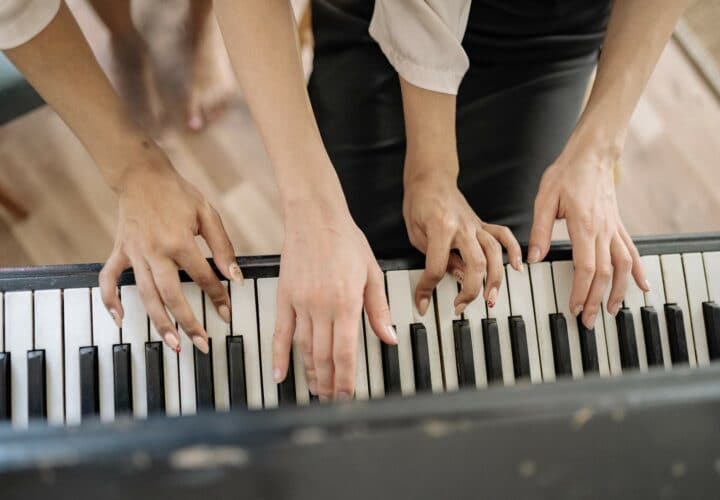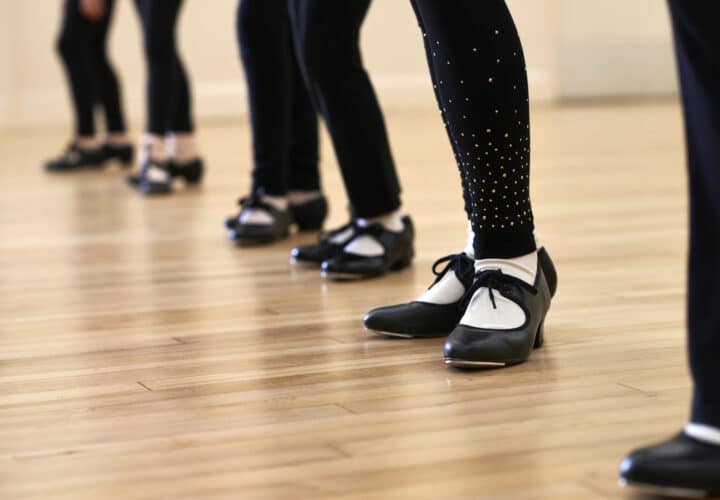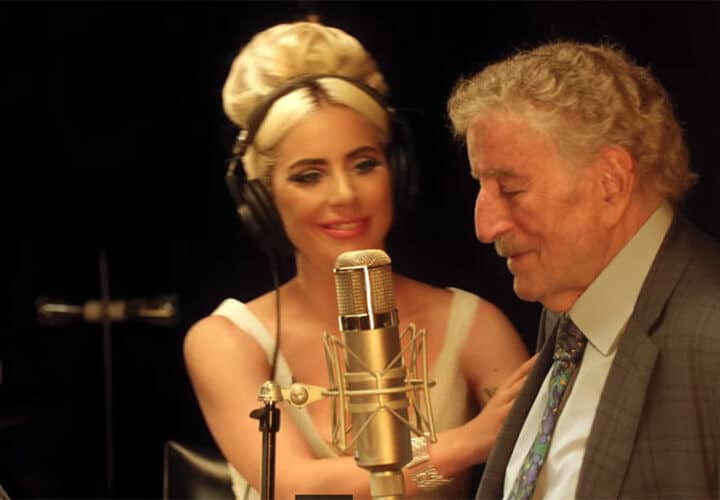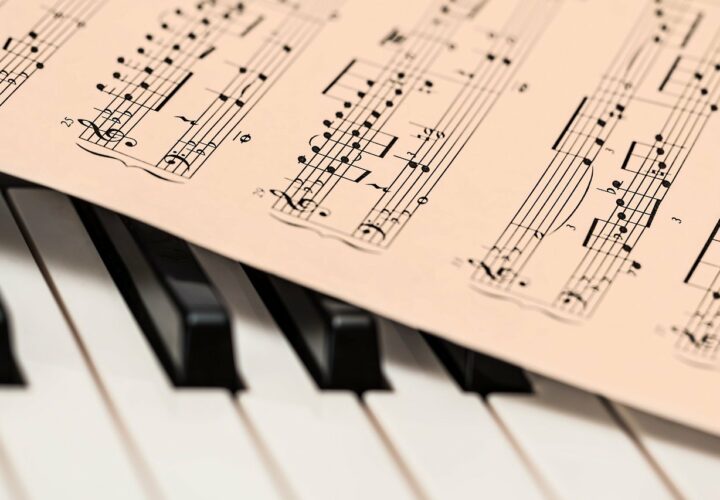A new study explores the cognitive benefits of piano lessons in older adults.
Researchers have long been studying the therapeutic benefits of listening to music, and how it can stimulate brain regions that regulate cognition, movement, emotions, and more. There has also been research into the brain boost that can come from learning, and recently, a clinical trial showed that piano lessons may help preserve brain health as we age.
For the new study, published in The Journals of Gerontology: Series B, researchers recruited 155 participants between the ages of 60 and 80, randomly dividing them into three groups: One group participated in four months of piano lessons; another group underwent four months of computer-based cognitive training, and a control group received no interventions. In the piano training group, a music education instructor taught participants basic piano technique, exercises for finger dexterity, basic piano repertoire and music theory.
The researchers found that both piano training and computer training boosted brain health. The participants in these groups had greater working memory and processing speed than the control group. But when it came to cognitive flexibility, those who received piano training had the advantage.
The study’s authors wrote that the brain’s processing speed could be enhanced by practice with fingering patterns, rhythms and pedaling technique. The attention required for coordination might also improve people’s ability to switch between performing one task and another, they added.
Why are piano lessons good for the brain?
Playing a musical instrument requires a complex set of brain functions, and the new study builds on past research in the benefits of playing a musical instrument for brain health. For instance, one small study previously found that older adults with individualized piano training experienced improved working memory and processing speed, compared to a control group. Another small study showed that older adults who participated in a drumming and singing music program had greater verbal and visual memory than control groups. More broadly, research has indicated that engaging in leisurely activities — like reading, dancing, or, indeed, playing music — is associated with lower risk of developing dementia.
Staying mentally active and fostering new skills — including learning an instrument — can help maintain our wellbeing as we get older. “When you exercise, you engage your muscles to help improve overall health,” geriatrics psychiatrist Dr. Ipsit Vahia told Harvard Health. “The same concept applies to the brain. You need to exercise it with new challenges to keep it healthy.”
To bring these benefits home, one can try piano lessons online — including free courses — or in person. Taking up a new skill late in life can be intimidating, but piano instructors with experience teaching older adults say that shouldn’t be a deterrent.
“There are certain advantages the 70+ student brings to the table,” Marie-France M., a piano teacher in New Jersey told takelessons.com. “They are self-motivated which means no one has to push them to practice and they know what they want to learn, which gives the teacher a clear focus.”
Older adult students could face some challenges that younger students may not, she adds, like vision issues or arthritis. To address failing eyesight, she recommends ensuring good lighting and large-print music. And for students with arthritis, she said, short lessons and frequent breaks can help.
“Work in five-minute increments,” she suggested, “with a moment in between to massage the fingers and do a quick posture and relaxation check before going on.”





Your article on piano playing is spot-on! You’re never too young or too old to learn how to play the piano! Great educational and inspirational article! Bravo!
Thanks for this article! Being a piano instructor, I’m focusing on adults because of these important benefits.